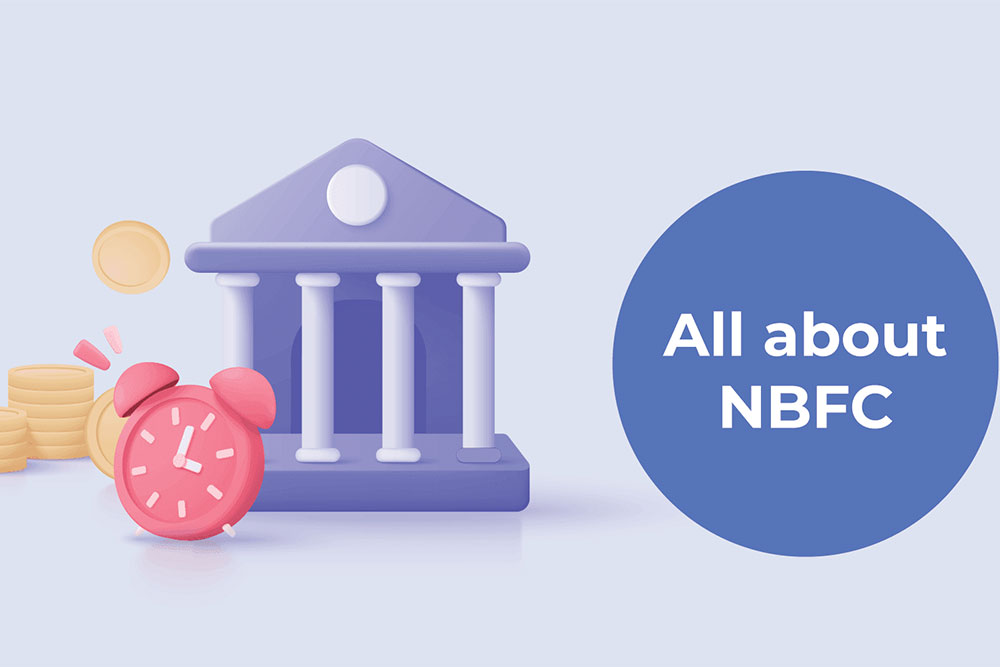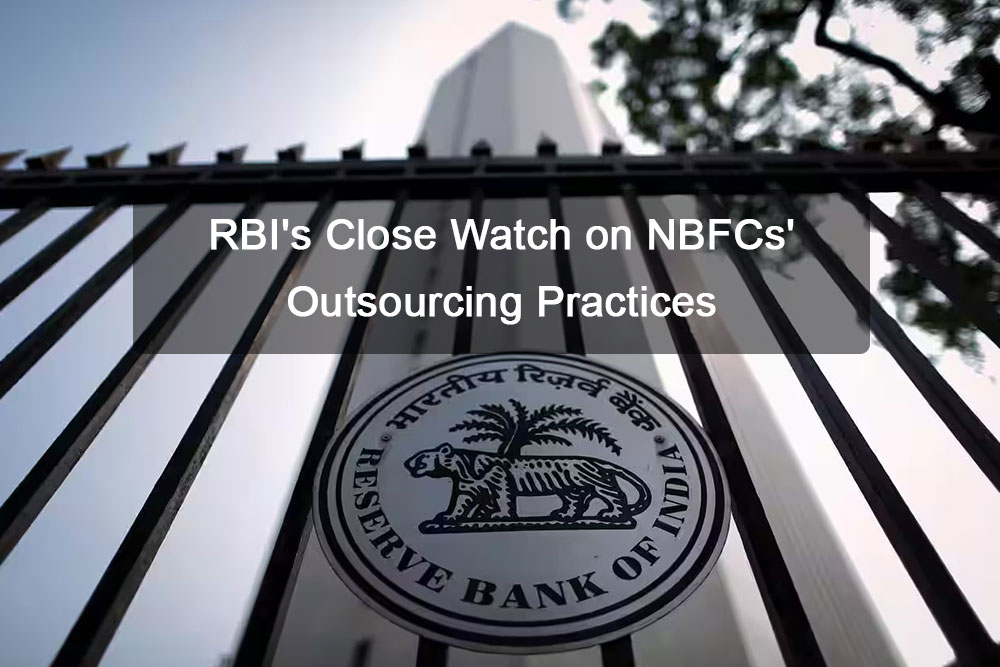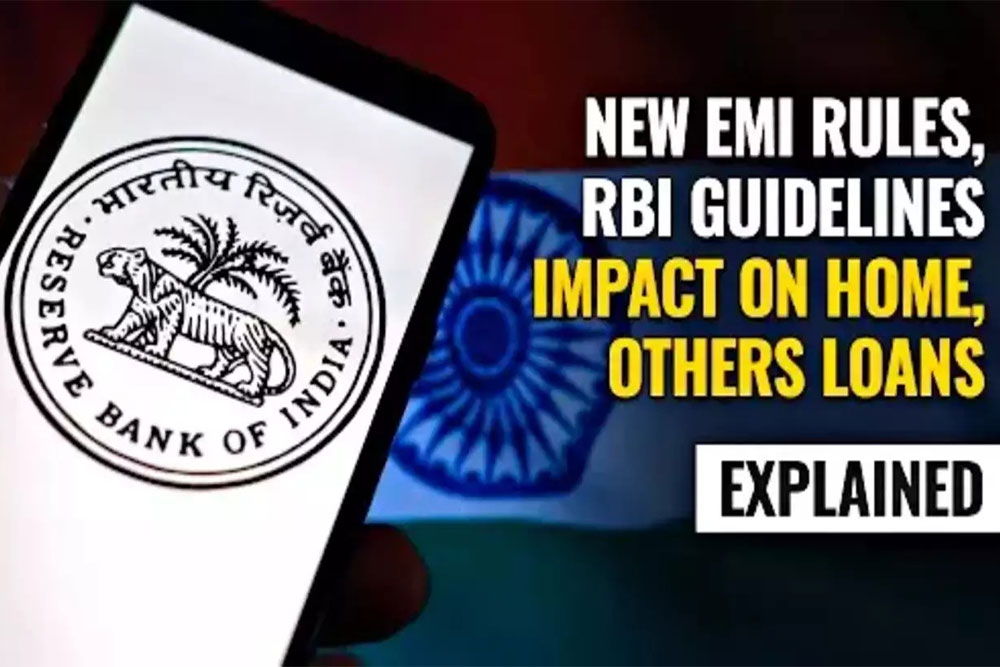HomeOur News

We stand ready to support your entrepreneurial dreams! With cutting-edge technology, in the SaaS model, and without heavy investment, we present the following business opportunities:
1 .Digital Wallets and Payment Apps:In today's digital age, developing secure and user-friendly digital wallet and payment apps is a highly profitable venture.
2 .*Robo-Advisors:Utilizing algorithm and AI technology, providing self-directed investment advice and portfolio management services, assisting individuals in finding low-cost investment options.
3 .Blockchain and Cryptocurrency Services:Offering platforms for buying, selling, and managing cryptocurrencies, providing secure transactions and smart contracts based on blockchain technology.
4 .*Peer-to-Peer Lending Platforms:Providing services for lending and borrowing directly between individuals, simplifying lending and borrowing without the need for traditional financial institutions.
5 .Personal Finance Management Apps:Developing apps that offer budgeting, expense tracking, goal setting, and financial education tools to help users better manage their finances.
6 .*Insurtech:Innovating with AI-powered claims processing, personalized insurance plans, and digital platforms for purchasing insurance policies.
7 .Regtech:Providing regulatory technology solutions to help financial institutions comply with complex regulations, such as anti-money laundering (AML) and know your customer (KYC) compliance tools.
8 .Neobanks:Offering digital-only banks providing online banking services, including no-fee accounts, budgeting tools, and fast transactions.
9 .Financial Inclusion Platforms:Providing opportunities to improve access to financial services for underserved populations, such as microfinance apps, digital credit scoring, and mobile banking,AEPS,DMT etc for rural areas
10 .Green Fintech:Providing investment opportunities in environmentally friendly projects, carbon offsetting solutions, and green lending products.
11 .*White Label API Reseller Platform:Offering a white label API reseller platform for businesses to easily integrate fintech solutions into their offerings, enhancing their value proposition and expanding their reach.

Shanu Alam brings to you the simplest guide to success in the financial sector in compliance with the Regulator- RBI.
ResearchUnderstand the market, regulatory requirements and target audience.
Business PlanCreate a detailed plan outlining services, target market, and financial projections.
ComplianceObtain necessary licenses, adhere to RBI regulations, and maintain transparency.
Team BuildingRecruit experienced professionals infinance, risk management, and operations.
Technology IntegrationImplement robust IT systems for operations, data security, and customer service.
Key StepsResearch, Plan, Ensure Compliance, Build Team, Embrace Technology
Ready to Start Your NBFC?Share your thoughts or questions with Shanu Alam at 9319 9319 78 to kick start your journey in the financial Sector

The Reserve Bank of India (RBI) has established strict guidelines to ensure Non-Banking Financial Companies (NBFCs) maintain high standards of risk management and ethical conduct when outsourcing financial services through Direct Selling Agents (DSAs).
Understanding Direct Selling Agents OutsourcingDSAs are intermediaries appointed by banks or NBFCs to acquire business, such as loans or insurance, on their behalf. While DSAs offer benefits like wider reach, they also pose risks such as misconduct, compliance failures, and operational risks.
Critical Risk Management ProtocolsRBI reviews material outsourcing during annual inspections to assess its impact on a bank's operations. NBFCs are advised to keep core management functions in-house and not outsource decision-making tasks.
Ensuring Success through Risk Management StrategiesNBFCs must develop detailed outsourcing policies endorsed by their boards. The board and senior management play key roles in oversight, risk evaluation, and policy implementation. Thorough due diligence on service providers, clear outsourcing agreements, and robust security measures are essential.
Recent Developments and ImplicationsRBI's recent scrutiny includes questioning NBFCs about their DSA practices and issuing guidelines emphasizing board-approved policies and regular monitoring. These measures aim to create a secure regulatory environment and protect the interests of NBFCs, DSAs, and the public.

Its goal is to help and protect policyholders, increase insurance usage in India, and make insurance services easier to find, use, and afford. Bima Sugam will be a one-stop platform for everyone involved in the insurance sector, including customers, insurers, middlemen, and agents. It aims to make insurance processes clearer, more efficient, and collaborative, encourage new technology in the industry, make insurance more accessible to everyone, and work towards the goal of "Insurance for all by 2047."

These rules are for loans like home loans, personal loans, and credit card loans, but not for some business loans. They want to make sure borrowing money is fair and easy to understand for everyone.

India's Unified Payments Interface (UPI) has revolutionized the digital payments landscape, enabling seamless and instant transactions across the country. As the UPI ecosystem expands, the role of Third-Party Application Providers (TPAPs) becomes increasingly significant. This article delves into the intricacies of TPAP licensing, exploring its importance, regulatory framework, market dynamics, and future prospects.

Financial Markets: 1.Review of Electronic Trading Platforms (ETPs): The rules for online trading platforms will be updated to make sure they are fair and transparent. 2. Hedging Gold Price Risk in IFSC: Now, Indian companies can protect themselves from changes in gold prices in a special financial zone, making it easier for them to use financial tools. Regulations: 3.Key Fact Statement (KFS) for Loans:Banks and other lenders will have to give clear information about loans to small businesses and individuals, helping them make better decisions. Payment Systems and Fintech: 4.Enhancing Aadhaar Enabled Payment System (AePS): Improvements will be made to make Aadhaar-based payments safer and more reliable, which will help more people access financial services. 5.Framework for Authentication of Digital Payment Transactions: New rules will make digital payments more secure, using methods other than just SMS codes. 6.Expansion of CBDC Use Cases: Digital currency from the central bank will be improved to work better, especially in areas with limited internet, making it easier for everyone to use. Impact on Industries: 1.Financial Markets:These changes will make investors feel more confident and help markets run more smoothly. 2.Regulated Entities: Clear loan information will build trust with borrowers and make it easier to pay back loans. Improvements to payment systems will make things easier and safer for customers. 3.Fintech and Payment Systems:The upgrades to digital currency will make transactions easier and safer for everyone, especially those who don't have easy access to traditional banks. These changes show that India is serious about building a strong, fair, and modern financial system that helps everyone.

Contact us today to learn more about our expert fintech solutions and to schedule a consultation with one of our experienced planners.
